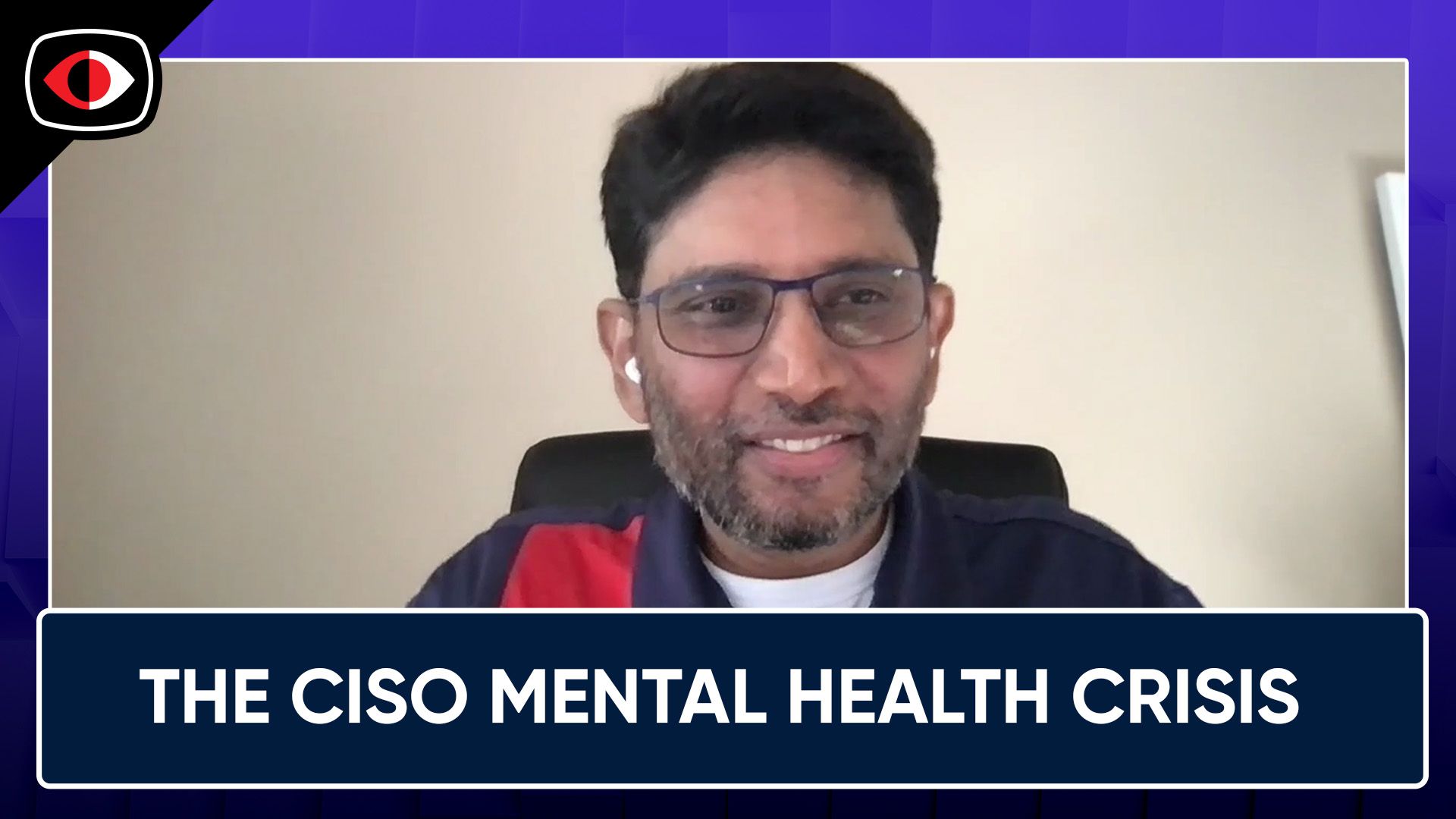Consolidating C-Suite Tech Roles as Security Budgets and Workforce Growth Flatline – BSW #364
In the leadership and communications segment, Why Companies Should Consolidate Tech Roles in the C-Suite, End of an era: Security budget growth slows down, Global cybersecurity workforce growth flatlines, stalling at 5.5M pros, and more!
Announcements
Don’t lose access to the Security Weekly content you know and love - make sure that you subscribe to your favorite podcasts feeds on an alternative platform like Spotify, YouTube Music, Amazon Music, Apple Podcasts, or anywhere else you listen to podcasts! Visit securityweekly.com/subscribe to find the buttons to subscribe to each show now! We love to see your ratings and feedback so make sure to tell us what you think of the latest episodes.
Hosts
- 1. Why Companies Should Consolidate Tech Roles in the C-Suite
Recently, some organizations have begun to recognize the downside of C-level proliferation and decided to consolidate senior technology and data roles. These individuals — referred to as “SuperTech” leaders — are most likely to be known as chief information officers, but they also have broad responsibility for data and technology functions, and many also have operational responsibilities within the business. Leaders of specialty tech and data functions (data, analytics, AI, cybersecurity) report to them. Establishing SuperTech leadership roles will bring clarity and accountability to organizations’ digital transformation initiatives.
- 2. Shifting the Blame: How CISO Empowerment Can Create a Security-Focused Organization – CPO Magazine
Do CISOs need to step up and accept responsibility? Of course – after all, this is ultimately their job. But it’s a job that can’t be done alone. Security is a team sport, and executives and directors across the company must collaborate with the CISO to balance security with other important priorities. It’s on the CISO to facilitate those relationships and crowdsource knowledge that takes the lessons learned about security posture to greater heights.
- 3. End of an era: Security budget growth slows down – Help Net Security
Amidst global economic and geopolitical uncertainty, markets are jittery, companies are spending frugally, and investors remain cautious, according to IANS Research and Artico Search. Security budgets are also affected by these realities with most budgets remaining flat or increasing modestly.
- 4. Global cybersecurity workforce growth flatlines, stalling at 5.5M pros
Budget cuts, layoffs and hiring freezes are exacerbating a global staffing shortage in cyber defense.
The global cybersecurity workforce grew just 0.1% year-over-year to an estimated 5.5 million people, reflecting a stall in the sector for the first time since 2019, ISC2 said in a report released Wednesday.
- 5. Forget AI: core digital skills still rule hiring priorities
Despite widespread enterprise interest in AI adoption, basic computer know-how is the top technical skill sought by employers, according to an Indeed report published Tuesday.
Computer skills were the third most common skill set among Indeed job ads, popping up in 11% of postings. Communication skills and customer service were the two most common terms employers used.
Jobs related to generative AI continue to represent a small sliver of overall talent demand, amounting to around 0.2% of all positions, according to Indeed. Demand for highly technical occupations, which involve three or more skills, dipped 19% below their pre-pandemic average, the company said.
- 6. Tips to Improve Your Communication Skills
Effective communication is essential in both personal and professional settings. By improving your communication skills, you can build stronger relationships, and avoid misunderstandings. Here are three tips to help you improve your communication skills.







